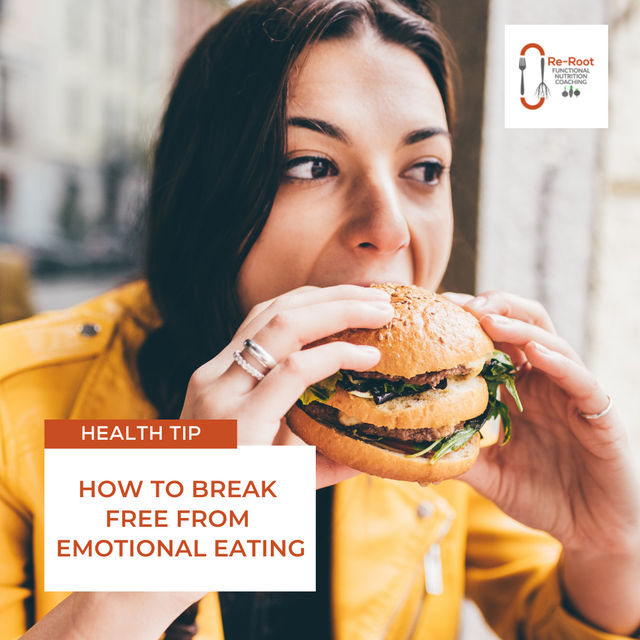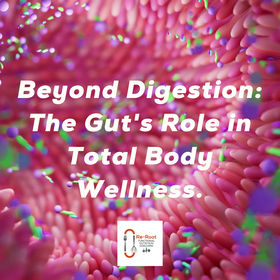
The Three Biggest Myths About Emotional Eating and How a Functional Nutrition Coach Can Help
Emotional eating is a common issue that many people face, but it doesn't have to be a negative cycle.
Recognizing your emotions and working with them instead of against them, with the help of a functional nutrition coach, can help you break free from the cycle.
A functional nutrition coach can help you understand what is actually happening in your body when you overeat, and also address some common misconceptions about emotional eating.
In this article, we will discuss the three biggest myths about emotional eating and why they're wrong.
Myth 1: Emotional eating is completely out of our control.
This is not entirely true.
Emotional eating is a response to stress, which can be caused by various factors such as physical or mental exhaustion, lack of sleep, work or home responsibilities, and more.
A functional nutrition coach can help you identify the root causes of stress in your life and teach you how to cope with them in a healthy manner, so you are less likely to turn to food as a solution.
Meditation is one such healthy coping mechanism that has been shown to help reduce feelings of hunger and promote weight loss over time.
Myth 2: Emotional eating is a bad thing and people who do it are lazy.
Emotional eating is a normal response to stress and negative emotions like anger, sadness, or loneliness.
It can serve as a temporary coping mechanism, but it is important to recognize that it is not the only solution.
A functional nutrition coach can help you find alternative healthy coping mechanisms, such as exercising, talking therapy, exercise, hobbies, and spending time with supportive friends, that can help you deal with difficult emotions without turning to food.
Myth 3: You can train yourself not to eat emotionally.
While it may not be possible to completely control emotional eating, there are steps you can take to manage it.
For example, if the thought of eating during stress or upset makes you feel guilty, you can change your environment so that junk food is not as accessible.
In cases where cravings are out of control, seeking professional help from a therapist who specializes in eating disorders or cognitive behavioral therapy (CBT) can be beneficial.
A functional nutrition coach can also help you find healthy coping strategies and manage your impulses to prevent emotional eating.
Once you understand what causes your emotional eating we can map out a solution to help you eat better
Emotional eating can be a positive experience that allows you to connect with yourself and others and can help you find new ways of coping with difficult emotions.
By breaking free from the myths about emotional eating, you can work with a functional nutrition coach to find healthy and effective solutions to manage your emotions and live a healthier, happier life.
Looking for 1:1 support to help and guide you with your emotional eating + learn more about my functional nutrition coaching programs, please schedule our free 30-minute discovery call with Joseph at Re-Root at https://p.bttr.to/3kiqI71.
You've got this!
Check out my website at https://rerootnutritioncoach.com/ to learn more about my practice.







